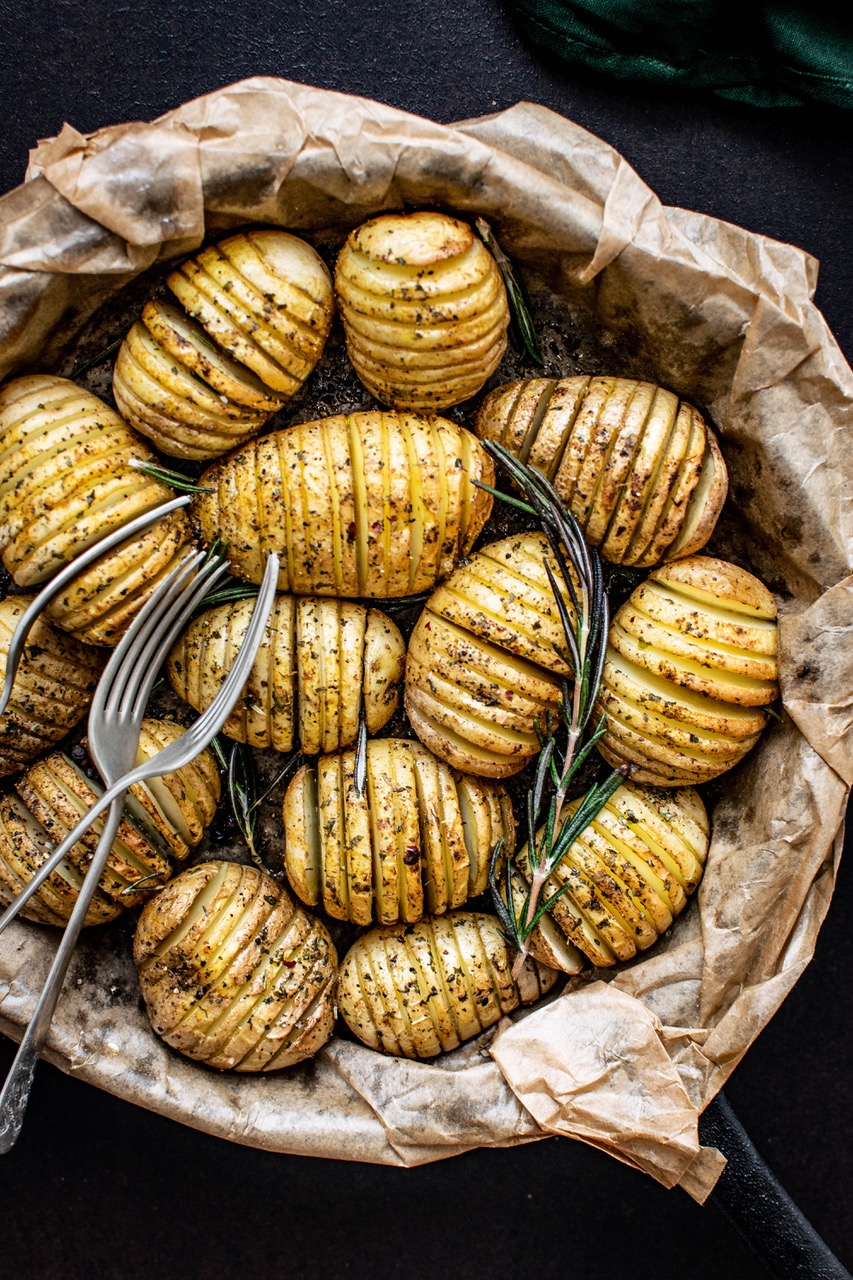Is it possible to improve our mood by what we are eating? Perhaps it is time to reconsider how what we eat may affect our ability to decrease anxiety, increase calmness, and help us sleep.
Food For Mood: Separating Fact From Fiction
Using specific foods or nutrients to influence or improve how we feel is taken for granted by many. Walk into a health food store or supermarket specializing in organic foods, read a magazine devoted to wellness, fitness, or healthy eating, or roam the internet, and you will see endless claims about the mood benefits of almost anything you eat.
Some recommendations, such as eating omega-3 fatty acids (salmon, nuts, seeds) or foods that act as probiotics (some yogurts, fermented foods) to relieve depression may have some effect after weeks or months (the research is still being done), but they won’t help during the next 30 minutes. However, whether depression is relieved or not, foods high in omega-3s are healthy and should be eaten anyway. Other foods that are claimed to decrease depression such as vegetables, lentils, chickpeas, beans, and whole grains are also nutrient-packed foods so your body will feel good, regardless of what happens to your mood. Chocolate is on this list and most people feel good when they eat it—because it is chocolate.
Can Certain Foods Reduce My Stress?
If you want to feel better quickly, as in, “How do I deal with my kids because their summer camp plans fell through?” you will find unsubstantiated claims for the mood-elevating power of specific nutrients: vitamins C, B6, and D, zinc, magnesium, folate, and selenium. According to one website, Food Revolution Network, eat blueberries, avocado, chocolate, green tea, Brazil nuts, broccoli, and quinoa to make yourself happy. Broccoli, for example, will elevate your mood because it is “rich in chromium, which can increase your body’s levels of serotonin, norepinephrine, and melatonin.”
Should we up our broccoli intake to dampen the worry about ongoing issues related to Covid-19? Will eating salmon keep us from developing social anxiety as we re-connect with others post-pandemic? Can chickpeas or Brazil nuts decrease stress for people experiencing job burnout? Or for someone facing unexpected home repair projects?
Research-Based Food For Mood
That there is little or no research information or consensus to confirm many of these recommendations appears irrelevant to those who take these recommendations seriously. If a magazine says that blueberries are good for stress, then why not eat them? Moreover, how would you know that the food or nutrient is removing or at least taking the edge off of stress or improving mood, and it’s not just a placebo effect? One way is to do studies in which an individual’s baseline mood and stress levels are measured, and then he or she consumes the food or nutrient, such as broccoli or vitamin B6, that is supposed to improve these measurements. The stress/mood levels after the food or nutrient is digested are compared with a food or nutrient not known to have any mood-elevating effects (such as anchovies). Of course, the foods/nutrients are disguised, so the subjects do not know what they are eating.
The Carbohydrate Serotonin Connection
Many years ago, following the MIT discovery that serotonin synthesis in the brain increases after the consumption of small amounts of a sweet or starchy non-fruit carbohydrate, my “Serotonin Power Diet” co-author Judy Wurtman, PhD and her colleagues carried out studies comparing the effects of consuming a drink containing carbohydrates with a drink containing protein. Consuming carbohydrates elevates serotonin levels by allowing the amino acid tryptophan, out of which serotonin is made, to enter the brain. Protein consumption prevents tryptophan from getting in, and thus prevents serotonin from being synthesized, so it should have no effect on mood.
In one such study, women whose stress levels were high because they had PMS were tested after drinking a carbohydrate or protein-rich drink. Their moods improved significantly, but only after they consumed the drink containing carbohydrate, presumably because it increased serotonin.
Carbs To Curb Stress
Eating carbohydrates may make stress a little more manageable. Very little has to be eaten to increase serotonin levels: 25 or 30 grams of a starchy carbohydrate such as baked or roasted potatoes, crunchy breakfast cereal (Oat Squares), a slice of chewy bread, graham crackers, or oatmeal. Quick relief can be felt when sugar is consumed because it is digested fast although of course sugar is not the first choice from a health perspective! In extremis, sweet foods like Twizzlers or a popsicle will do the trick.
To curb stress, consume the meal or snack on a relatively empty stomach because if you eat it after consuming a meal containing protein, no serotonin will be made. It’s helpful to consume protein at times of the day that are generally less likely to be associated with stress such as during the morning and midday.
When eating carbs to reduce stress, in addition to keeping the protein content low, aim to keep the fat content low so that the serotonin surge will be more pronounced and also to avoid feeling sluggish which can happen when consuming foods high in fat.
For example, if you’re consuming 25 to 30 grams of carbohydrates as a late afternoon snack to reduce stress, keep the protein content to 4 grams or less and the fat content to 3 grams or less. Then wait. You will feel better in about 30 minutes.
Want more suggestions for mood-boosting meals and snacks? Judy and I offer free meal plans here on our Serotonin Power Diet web site. Or you can schedule a session with me to learn exactly how you can tailor your diet to reduce stress and boost your mood.
Enjoy those spuds 🙂


+ show Comments
- Hide Comments
add a comment